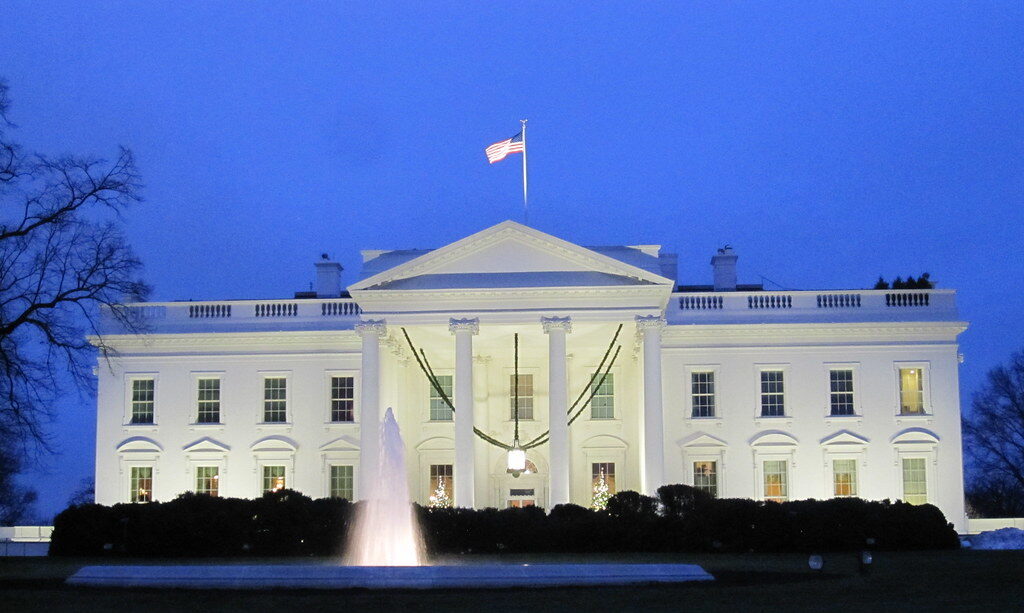Key Takeaways:
- Steve Schmidt, a former Bush campaign strategist, accuses Jeff Bezos and the Washington Post of siding with Trump.
- He claims the Post’s editorial backed Trump’s destruction of the White House.
- Schmidt warns that billionaire media owners value power over truth and fear Trump.
- He predicts a future where controlled news spreads lies and harms democracy.
- Readers should question big media and seek diverse, honest sources.
Steve Schmidt Blasts Bezos and Washington Post
In a fiery essay, Steve Schmidt, who once advised President George W. Bush, calls out Jeff Bezos and the Washington Post. He argues the newspaper published a twisted editorial praising Trump’s attack on the White House. Even more, Schmidt bet a friend $100 that the Post would side with Trump by Sunday morning. As he says, “Easy money.”
Background on Steve Schmidt
Steve Schmidt rose to fame as a top political strategist. He worked on several high-profile campaigns, including President Bush’s re-election. Over time, Schmidt became known for speaking his mind. He often warns about threats to democracy and honest journalism.
Lately, Schmidt has focused on the danger of media elites. He argues that when billionaires own major news outlets, they can push their agenda. This, in turn, can shape how millions of people see the world. Schmidt believes this power can become a weapon against the public good.
Why Steve Schmidt Calls Media Moguls ‘Pathetic Men’
In his essay, Steve Schmidt uses strong words. He calls America’s richest media owners “pathetic men.” He says they do not love their country. Instead, they love money and power more. Moreover, Schmidt warns they live in terror of Trump’s influence.
He points to tech giants, cable networks, and entertainment empires. According to him, these companies could one day control nearly all news. He fears this would erase real facts and spread only what serves the powerful.
Deep Dive into the Editorial
The heart of Schmidt’s anger lies in the Washington Post’s editorial. He claims the piece defended Trump’s “destruction of the White House.” In his view, the editorial twisted facts to make Trump look reasonable.
Schmidt writes that the Post dressed up Trump’s shocking actions as a “not in my backyard” issue. He says the paper tried to make the chaos seem normal and necessary. In his words, it was a “twisted and embarrassing” attempt to justify the unjustifiable.
He also warns that this kind of storytelling is a preview of state-controlled media. If one group owns all major news, he argues, then truth will collapse under fear and greed. This scares him for the future of free speech.
What This Means for Young Readers
For a 15-year-old or anyone new to politics, Schmidt’s essay raises key lessons:
· Always check who owns the news source you read.
· Ask why a story might present only one side.
· Look for direct quotes and facts, not just opinions.
· Compare different outlets before you decide what to believe.
By doing these steps, readers learn to spot bias and protect themselves from manipulation. This habit builds strong citizens who value truth and fairness.
Lessons for Young Readers
Schmidt’s warning is more than politics. It’s about growing up in a world of information overload. Kids today scroll through feeds full of headlines and ads. They need tools to sort fact from spin.
First, students should learn to pause before reacting. Second, they should ask, “Who benefits from this story?” Third, they should talk with friends and family about what they read. These simple steps can stop false information from taking root.
What’s Next for Media
Steve Schmidt predicts a future battle over news control. He says we might see media consolidation grow. He fears a handful of moguls could silence dissent and manipulate public opinion.
However, Schmidt also believes in public pushback. He thinks demanding transparency can force big media to change. Moreover, he hopes independent outlets will gain support. He envisions a diverse news ecosystem, not one ruled by a few wealthy owners.
Protecting democracy, according to Schmidt, starts with citizens. If we speak out against biased reporting, media giants may think twice. We must stay alert and hold them accountable.
Moving Forward
Steve Schmidt’s fiery essay reminds us that power can corrupt news. When money and influence shape headlines, truth takes a back seat. Yet, we have the power to fight back.
By supporting honest journalism, readers can push media owners to do better. By teaching young people to question sources, we build a smarter society. Finally, by demanding transparency, we help safeguard democracy itself.
FAQs
Why did Steve Schmidt target Jeff Bezos?
Steve Schmidt argues that Jeff Bezos, as owner of the Washington Post, allowed a pro-Trump editorial that praised Trump’s actions against the White House. Schmidt sees this as proof of bias and cowardice.
What was the $100 bet about?
Schmidt told a friend that the Washington Post would publish an editorial defending Trump’s destruction of the White House by Sunday morning. When it happened, Schmidt won the bet.
Does this mean all big media is corrupt?
Not necessarily. Schmidt’s warning focuses on billionaire-owned outlets that might put profit and power over truth. Many smaller or independent news sources aim to report factually and fairly.
How can I spot biased news?
First, check who owns or funds the outlet. Next, compare multiple sources on the same story. Finally, look for clear evidence, direct quotes, and data rather than strong opinions.
